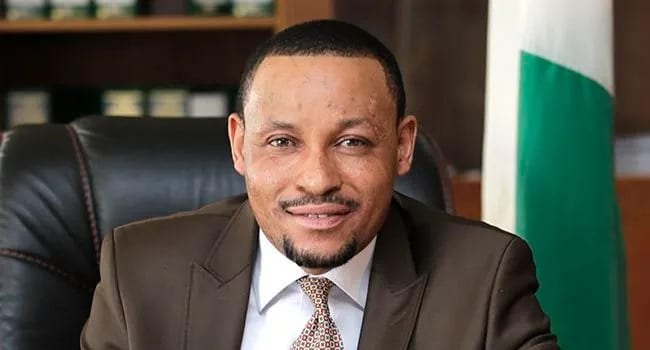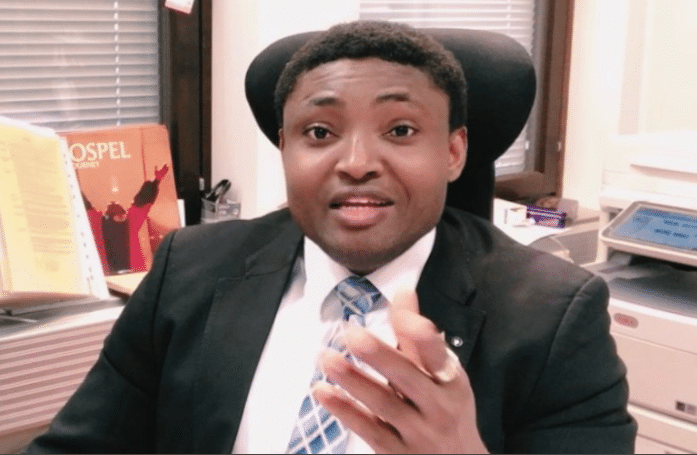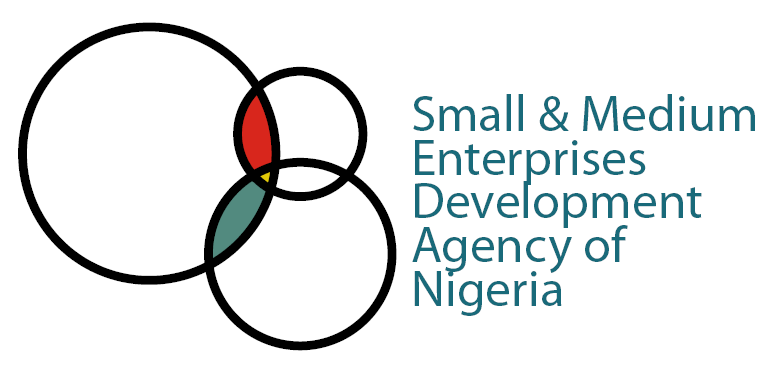
In high spirits of fulfilment, over 1.8 million pilgrims on Tuesday departed the tent city of Muna back to their comfort zones in Makkah after completing hajj rites at the sacred sites.
The pilgrims had embarked on a rigorous but spiritually rewarding exercise across the various sites and were expected to round up with the symbolic pelting of the devil at Jamurah.
Over 65,000 Nigerians joined other participating pilgrims drawn from across the world for the 2024 pilgrimage that lasted five days.
Amid tense temperatures, the largest Muslim congregation in the world converged on Arafah, Musdalifah, Jamurah, and Muna, in the Kingdom of Saudi Arabia to carry out the 5th pillar of Islam.
According to the Saudi Ministry of Hajj and Umrah, a total of 1,833,164 pilgrims from across the world participated in the 2024 pilgrimage at the end of the exercise.
Specifically, the data indicated 4,714; 60,251; and 1,546 pilgrims were received into the Kingdom through sea, land, and air ports respectively to perform this year’s Hajj. The data further shows 22.3 percent of this year’s pilgrims came from Arab countries, while 11.3 percent represented African countries.
Similarly, Asian countries excluding Arab countries represented 63.3 percent, while European countries, North and South America, and Australia represented 3.22 percent in this year’s pilgrimage.
No fewer than 19 pilgrims died and several others were reported missing due to the extreme temperatures experienced during the exercise at the sacred city of Muna.
Besides, the Saudi Arabian authorities had declared a 5-hour movement restriction at Muna, to reduce the impact of the devastating weather conditions that escalated above 46 degrees Celsius on Monday.
Alh. Tukur Audu, a pilgrim from Adamawa State, expressed satisfaction for successfully completing all the routines in the last five days. The elderly pilgrim said it was a self-fulfilling moment to endure the physically engaging rites at his age.
Alhaja Hauwa Abubakar was equally full of gratitude for the strength and spiritual enablement to execute the five days’ engagement. She was particularly delighted with the support received from officials and the provision of feeding and transportation services.
In the same vein, Hon. Saliu Adams, who came on hajj with five members of his family from Kogi state, could not hide his pleasant feelings for the privilege to conduct hajj rites.
Meanwhile, the National Hajj Commission of Nigeria (NAHCON) attributed the successful completion of the rites at the sacred sites to teamwork, dedication, and a renewed strategy for better results.
The Chairman, Mallam Jalal Ahmad Arabi, who earlier spoke during an inspection of some states’ tents at Muna, said despite little glitches experienced by a few states, the success recorded this year will serve as a guide in subsequent exercises.
Mal. Arabi disclosed that the commission was not unmindful of the inconveniences that arose as a result of some of their actions and policies intended for better services.
He, however, pleaded for forgiveness and promised to operate an open-door policy for criticism from external bodies and stakeholders to enable the commission to build a viable hajj ecosystem.

 5 months ago
37
5 months ago
37















 English (US) ·
English (US) ·